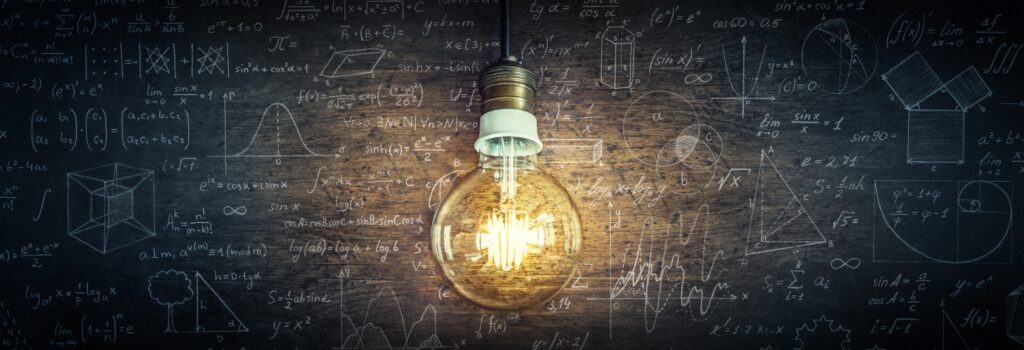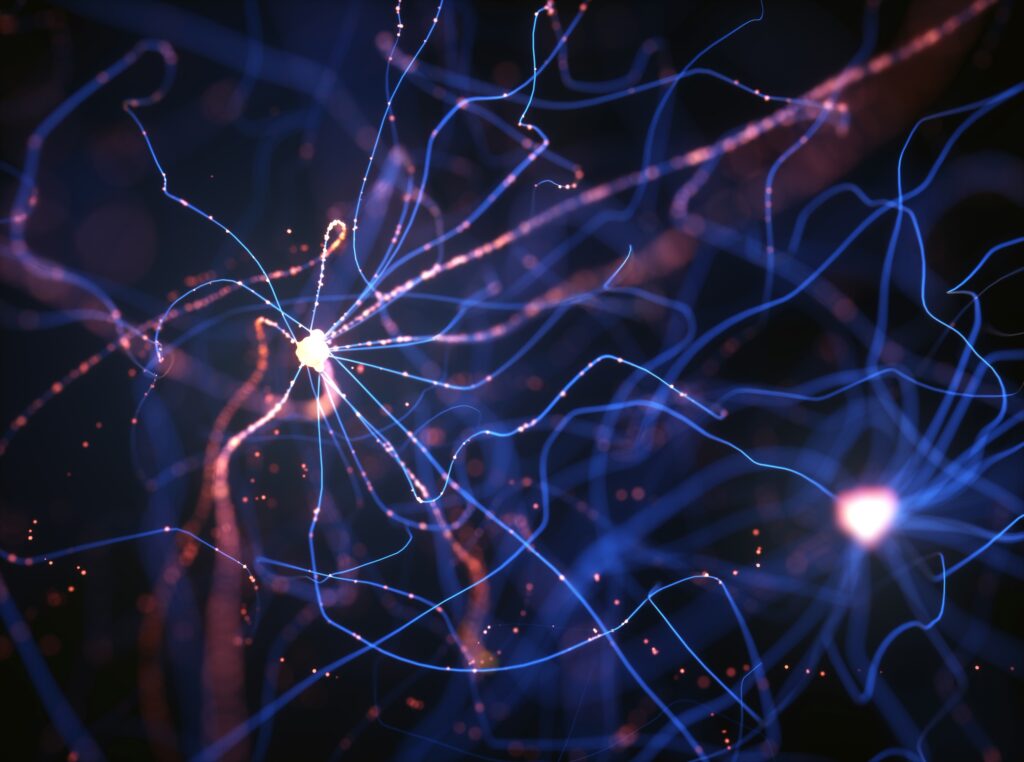When even awareness stops: New meditation research
Seeing | Neuroscience | 2024-10-27

Can we turn off our awareness (i.e., conscious metacognition) in meditation and then stay in that state for days without water, food, or going to the bathroom? A recent study by Dr. Ruben Laukkonen on the cessation of awareness in advanced meditation practitioners confirms this. In this interview, Natalia Vorontsova talks with Ruben about his research and its implications for our understanding of the nature of reality. This is a deep, yet light-hearted, conversation about mind, consciousness, time, AI, and the future of science, especially since Ruben is also an experienced meditation practitioner.
Editorial clarification: in our interpretation, this study shows only a cessation of meta-consciousness (the explicit, metacognitive awareness of what is experienced), not of phenomenal consciousness (the raw experience itself). The two are distinct, as empirical research has shown (see, e.g., this). Often, the lack of meta-consciousness leads the subject to concluding they had no experience, while in fact phenomenal consciousness was present, even during dreamless sleep (see, e.g., this). It is impossible to reliably infer the absence of phenomenal consciousness based on subjective reports. This is the case even for general anaesthesia, (see, e.g., “Anesthesia and Consciousness,” by John Kihlstrom and Randall Cork, published in The Blackwell Companion to Consciousness, 2007), this being the reason why one of the drugs in the anaesthesia cocktail is meant to prevent the subject from forming memories. All that can be ascertained with confidence is that a subject doesn’t remember having been conscious. Ascertaining that one was phenomenally unconscious is equivalent to stating, paradoxically, that one consciously remembers being unconscious. This fundamental ambiguity in subjective reporting is the reason why neuroscientist Nao Tsuchiya has proposed a no-report paradigm for consciousness research (see, e.g., this). Clinical psychologists and many neuroscientists use the word ‘consciousness’ in the sense of meta-consciousness. The cessation of meta-consciousness and/or the absence of memories of consciousness don’t contradict idealism at all. If phenomenal consciousness had ceased during meditation, meditators presumably wouldn’t know how/when to come back, for, unlike the wearing off of drugs in anaesthesia, here the state is induced by the meditator themselves.

Essentia Foundation communicates, in an accessible but rigorous manner, the latest results in science and philosophy that point to the mental nature of reality. We are committed to strict, academic-level curation of the material we publish.
Recently published
Reading
Essays
Seeing
Videos
Let us build the future of our culture together
Essentia Foundation is a registered non-profit committed to making its content as accessible as possible. Therefore, we depend on contributions from people like you to continue to do our work. There are many ways to contribute.















